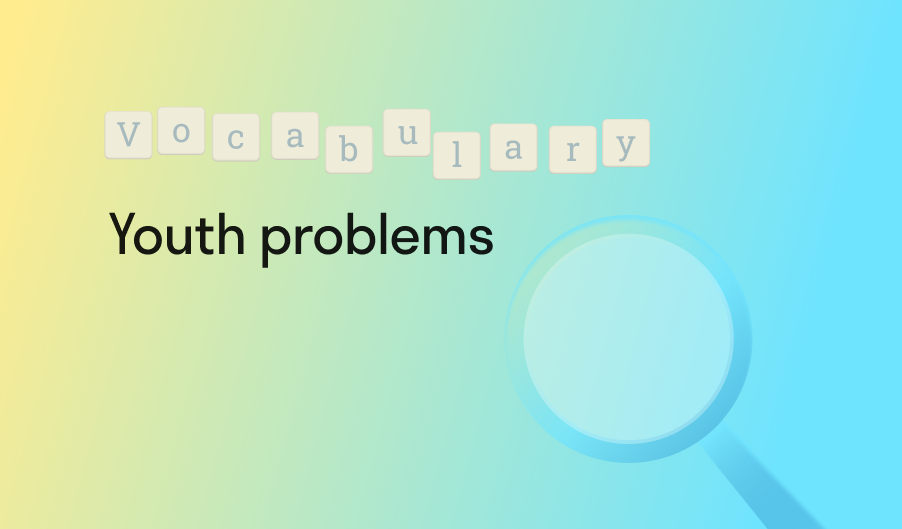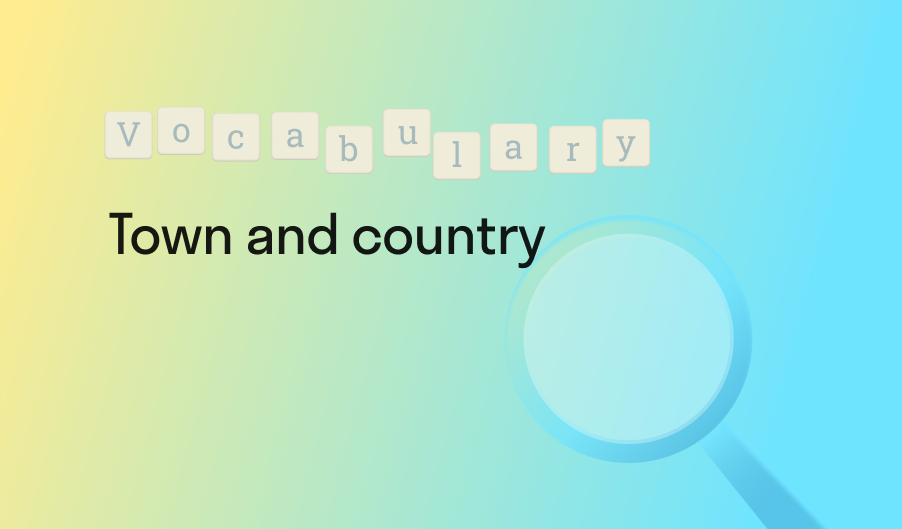| 1 | seo-popap-articles-newyear25-26 | попап в упражнениях |
Упражнения: Direct/indirect questions
Прямые/косвенные вопросы
There can be the following mistakes:
Missing word(s) Unnecessary word(s) Wrong word order
-
Do you know where I can find a book on creative thinking? -
We're going to meet at 5 p.m. on Tuesday, aren't we? -
I wonder if you could tell me if I need some extra scores. -
Why is Jenny wearing your coat? -
You will set off on Monday, won't you? -
Could you tell me when you will come back from Spain? Could you tell me whether you will come back from Spain? -
You have already read this book, haven't you?
-
Could you tell me
if whether She was How long have I wonder if whether He doesn't know about your betrayal, does Do you know what John has How many students are
Еще упражнения по английскому языку
Отзывы
Авторизуйтесь,
чтобы оставить отзыв


Пройдите бесплатный вводный урок
Ответы на частые вопросы
Не нашли ответа на свой вопрос — напишите нам
Это бесплатные упражнения?
Да, все упражнения в этом разделе бесплатны.Как выполнять упражнения?
В этом разделе мы собрали интерактивные задания с разными механиками выполнения, поэтому ориентируйтесь на инструкции, которые приведены в начале каждого упражнения.Сколько времени нужно уделять упражнениям, чтобы получить результат?
Мы рекомендуем заниматься английским хотя бы по 15–20 минут каждый день, выполнять задания на разные навыки и обязательно практиковаться с преподавателем или англоязычными друзьями — и тогда результат не заставит себя ждать.Я изучаю английский совсем недавно. Подойдут ли мне упражнения?
Да, в этом разделе вы найдете задания для всех уровней английского языка, от начинающего до продвинутого.Как мне узнать свой уровень английского?
Вы можете узнать свой уровень английского за 15 минут, пройдя наш интерактивный тест. В конце вас ждут приятные подарки.





